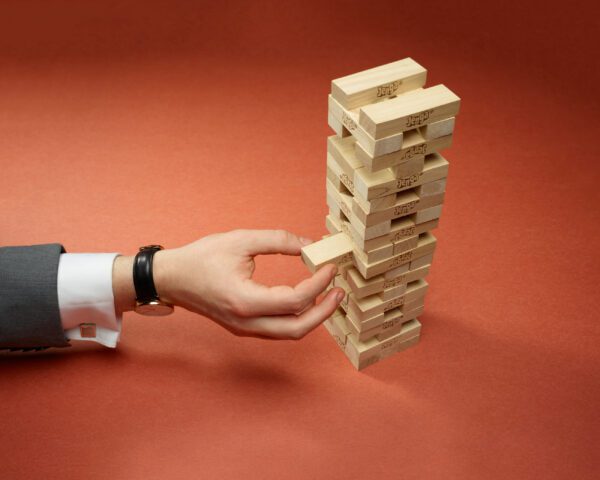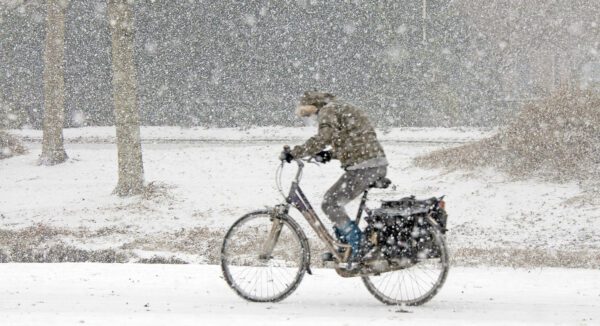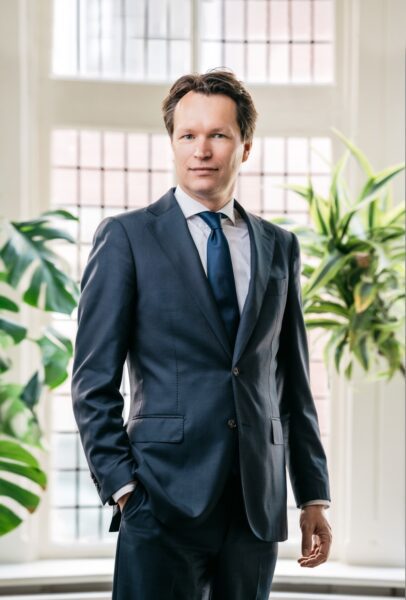
15 November 2008
Children’s liability under Dutch law
This article raises an issue that is hair-raising in itself to any parent blessed with some sense of reality – the liability of parents for their children’s acts.
Under Dutch law, different scenarios apply for different age groups.
It seems that Dutch law differs from other European jurisprudence, since it has a special regime concerning the liability of children. In short, Dutch law recognises three age groups for children, each of them having a special regime, as far as liability is concerned.
Children younger than 14
Children under 14 cannot be held liable for tortuous acts. However, parents and legal guardians have a risk-based liability for the behaviour of their children, in cases when it qualifies as “wrong” or tortuous.
NB, this concerns a voluntary act of the child; and does not apply in cases of passive negligence. Thus, whilst the child itself will never be hold liable, the parent will always be. Please note that this only applies to situations where the child has committed a tort, but is not liable on the basis of its age. If the child itself is not liable for the inflicted damage on any other ground (such as self-defence), than the parent is not, either.
Children aged 14 to 16
If a child aged 14- 16 makes a mistake, producing damage or injury, the parent can only be held liable if the parent itself has failed to keep proper supervision of the child involved. If the parent in charge can prove that he/she cannot be blamed for not preventing the child making the tortuous mistake, then the parent cannot be held liable. This is not a risk-based, but a guilt-based liability. Case law proves that, due to the age of the children involved, parents are only held liable in exceptional circumstances. Contrary to children younger than 14, children aged 14-16 can be held liable for tortuous acts, additionally to the above-mentioned parental liability.
Children aged 16 and older
In this case there is no separate regime for parents or legal guardians. However, in exceptional circumstances, parents themselves can commit a tort together with their child. This, however, would imply a direct liability for a tort committed by the parent, and not a liability based on the act of the child.
More information about children’s liability?
If the above have raised further questions with you please contact Christiaan Mensink for more information.
28 November 2022
The importance of carefully recording logistics services agreements
In early 2021, Hubbel Lastmile B.V. (“Hubbel”) engaged GMW advocaten to assist/ advise it on its legal framework.
Read more
15 August 2022
Long COVID among healthcare professionals: it’s two years later, where do we go from here?
We now know much more about long COVID than we did two years ago. Unfortunately, long COVID among healthcare professionals is a common occurrence.
Read more
16 December 2021
Whiplash and personal injury law
Whiplash is a well-known type of personal injury.
Read more
